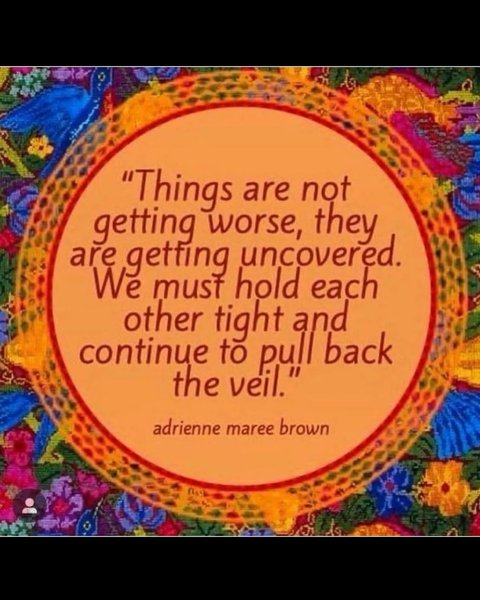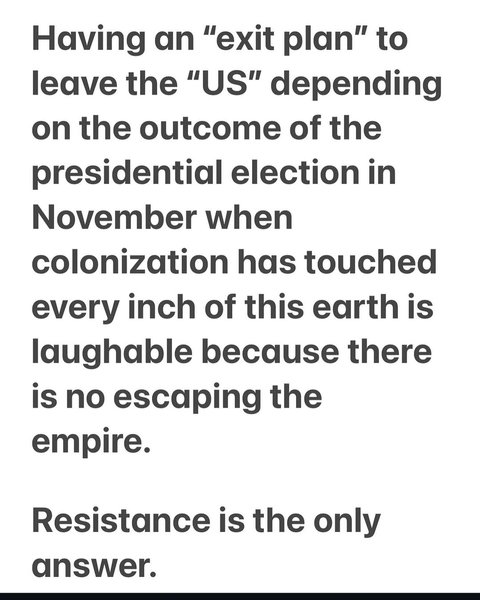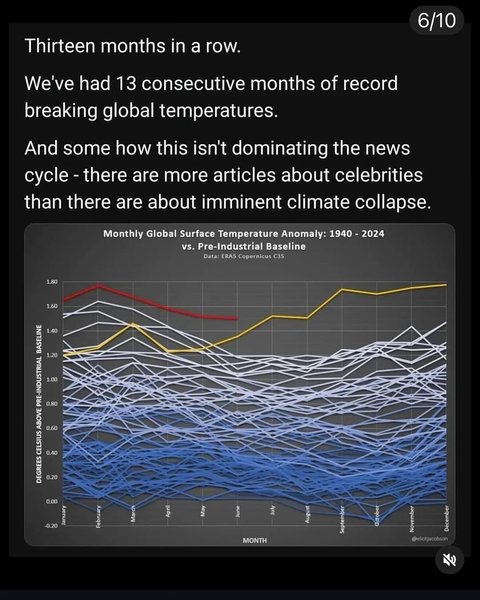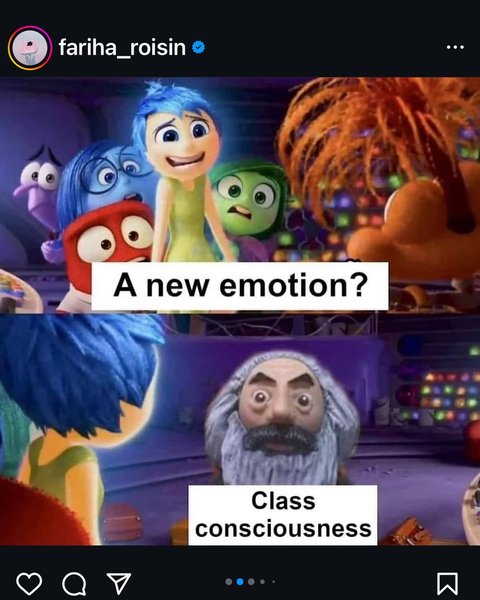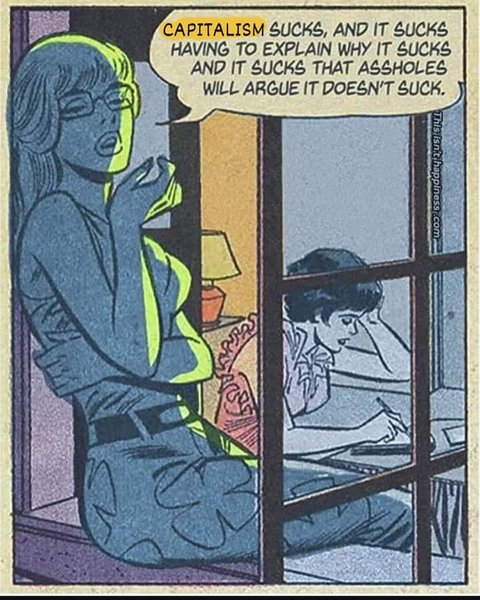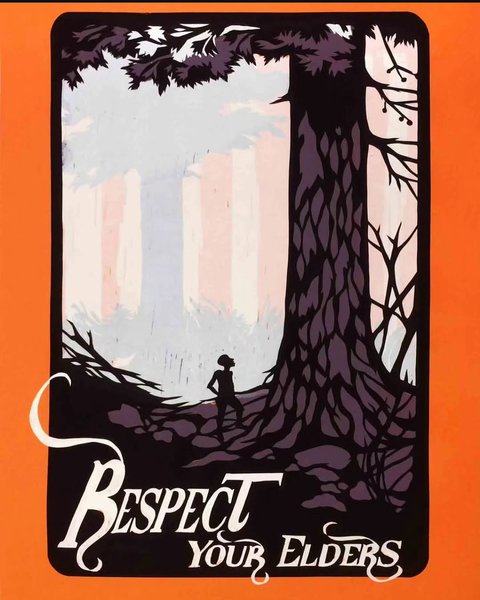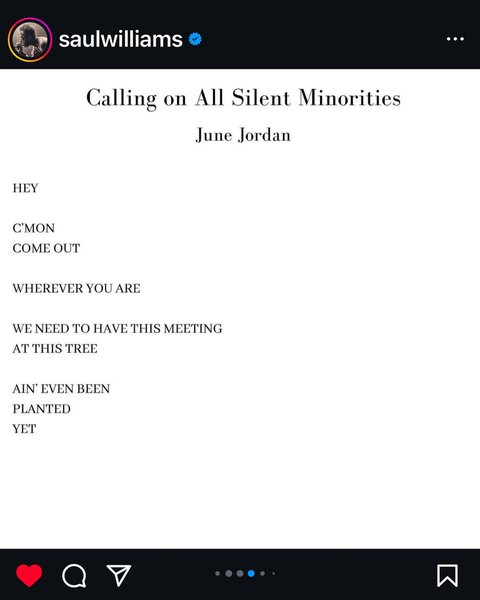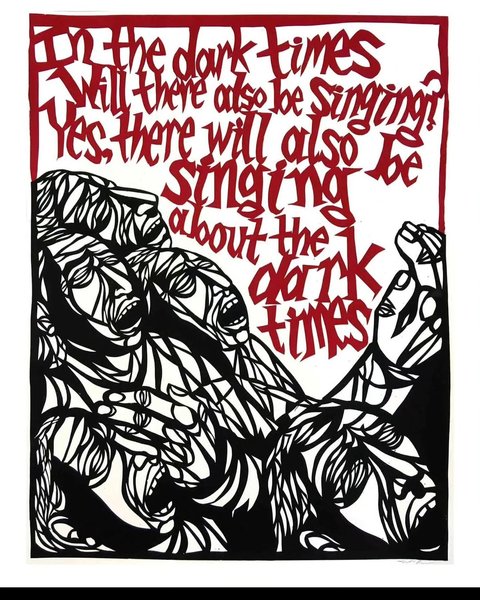Non-Violence
Whether it’s sadness, frustration, disappointment, fear, grief, or some other feeling, we have been endowed by nature with these feelings for a purpose: they mobilize us to pursue and fulfill what we need or value. The impact of these feelings on our spirit and bodies is substantially different from the disconnection that is brought on by guilt,
... See moreMarshall B. Rosenberg • Nonviolent Communication: A Language of Life: Life-Changing Tools for Healthy Relationships (Nonviolent Communication Guides)
It’s time to respond,
John M. Perkins • One Blood: Parting Words to the Church on Race and Love
In December, 1955, in Montgomery, Alabama, a quiet, dignified black seamstress, Rosa Parks, refused to move to the back of a bus to make room for a white passenger, and was arrested for violating the Alabama bus segregation laws. A meeting in the church of Mrs. Parks’ pastor, a twenty-six-year-old black preacher named Martin Luther King Jr. who, as
... See moreRobert A. Caro • Master of the Senate: The Years of Lyndon Johnson III
In the middle of the last century, Lewis marched into the line of fire to summon a nation to be what it had long said it would be but had failed to become. Arrested forty-five times over the course of his life, Lewis suffered a fractured skull and was repeatedly beaten and tear-gassed. He led by example more than by words. He was a peaceful soldier
... See moreJon Meacham • His Truth Is Marching On: John Lewis and the Power of Hope
the Selma march, Lewis recalled, “injected something very special into the soul and the heart and the veins of America. It said, in effect, that we must humanize our social and political and economic structure. When people saw what happened on that bridge, there was a sense of revulsion all over America.” Revulsion, then redemption: Is there
... See moreJon Meacham • His Truth Is Marching On: John Lewis and the Power of Hope
People in general, and Christians in particular, are obliged not to take part in war or in any preparation for war – as individuals, or by supporting it with their money, or even by talking about it. Tolstoy
Leo Tolstoy • A Calendar of Wisdom: New Translation (Alma Classics)
NONVIOLENCE is an orphan among democratic ideas. It has nearly vanished from public discourse even though the most basic element of free government—the vote—has no other meaning. Every ballot is a piece of nonviolence, signifying hard-won consent to raise politics above firepower and bloody conquest.

